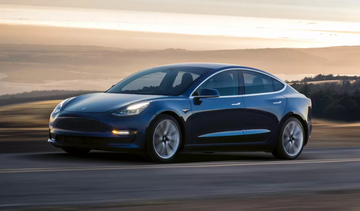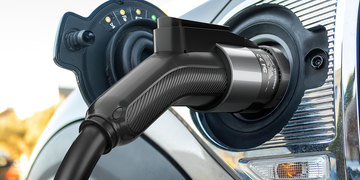Are Electric Vehicle Charging Stations Free? As electric vehicles (EVs) gain widespread adoption, one common question among potential EV owners and enthusiasts is whether charging stations are free. The answer to this question is not straightforward, as it depends on various factors, including the type of charging station, location, and specific policies implemented by charging networks. In this article, we will explore the dynamics of EV charging costs and whether charging stations are typically free for electric vehicle users.
Home Charging: The Initial Perception of 'Free' Charging:
Many EV owners charge their vehicles at home using a standard electrical outlet or a dedicated home charging station. While this method may give the impression of 'free' charging, it is essential to consider the electricity costs associated with charging at home. Homeowners will see an increase in their electricity bills, albeit significantly lower than traditional fuel costs for internal combustion engine vehicles.
Public Charging Stations: Varied Charging Models:
Public charging stations, whether Level 2 or DC fast chargers, often come with associated costs. However, the charging models can vary:
Pay-Per-Use:
Some charging stations operate on a pay-per-use basis, where users are billed for the electricity consumed during the charging session. Rates may vary based on the charging station's location, the charging speed, and the network provider.
Subscription Models:
Certain charging networks offer subscription models where users pay a monthly fee for access to the charging infrastructure. While the subscription model may include a certain amount of charging at no additional cost, users should be aware of any excess usage fees.
Free Charging Promotions:
Some charging networks or businesses may offer free charging as part of promotions to attract users. These promotions may be time-limited or tied to specific conditions.
Public Charging Costs: A Regional Perspective:
Charging costs can vary significantly depending on the region and the prevailing electricity rates. In some areas, local governments or businesses may subsidize charging costs to encourage EV adoption, leading to lower or even free charging for users.
Tesla Supercharger Network: Proprietary and Priced:
Tesla, a prominent electric vehicle manufacturer, operates its proprietary Supercharger network. While Tesla offers some free Supercharger credits to new vehicle owners, they have transitioned to a pay-per-use model for most users. Tesla owners can view real-time pricing information through their vehicles' screens or mobile apps.
Are Electric Vehicle Charging Stations Free?
The average cost to charge a vehicle at a public EV station is around $0.30- $0.60 kWh. This means to fully charge an electric vehicle ranges from $11 to $50. But this overall cost can vary widely based on a number of factors.
In conclusion, the notion of 'free' charging for electric vehicles depends on various factors, and it's essential for EV owners to be aware of the charging models in place. While home charging might seem initially cost-free, it involves electricity costs. Public charging stations, on the other hand, typically come with associated fees, but the specific cost structure varies among networks and regions. As the electric vehicle infrastructure evolves, understanding the charging cost dynamics will empower EV owners to make informed decisions about where and how they charge their vehicles.





